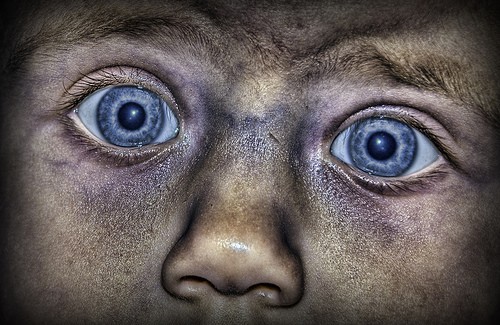Drinking During Different Stages of Pregnancy Causes Varying Behavioral Problems
Australian researchers say that drinking during early pregnancy seems to elevate the risks of childhood depression or anxiety while drinking during later pregnancy elevates the risks of aggressive childhood behaviors.
Doctors have long known that alcohol consumption during pregnancy can lead to childhood behavioral problems, but a team of Australian researchers wanted to know how childhood behavior was effected by different levels of drinking during different stages of pregnancy.
To find out, the scientists, out of the Perth Telethon Institute for Child Research, administered a questionnaire to a random sample of 2000 new mothers at 3 months following childbirth. The mothers were asked about alcohol consumption during different stages of their pregnancy.
The researchers then revisited each mother at 2, 5 and 8 years for data on each child’s development.
The Results:
- Moms who drank heavily in the first trimester had kids who were 300% as likely to suffer from depression, anxiety or sleep complaints.
- Moms who drank at moderate to heavy levels in the later stages of a pregnancy had kids who were more likely to display aggressive behaviors.
Moderate drinking was considered to be 3-4 drinks per sitting and no more than the equivalent of a bottle of wine per week. Those who drank more than the equivalent of a bottle of wine per week were classified as heavy drinkers.
The researchers caution women who drank during pregnancy not to worry excessively, saying, “Not every smoker gets lung cancer despite them being at higher risk - and in this case, not every child will be affected by prenatal exposure to alcohol.”
Most health organizations currently recommend abstinence from alcohol during pregnancy as the best and safest course of action.
The full research findings can be read in the November 2009 online edition of the journal, Addiction.


